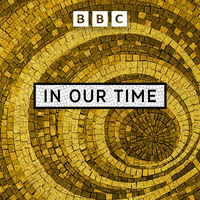Total duration:34 h 21 min
|
|
|
47:14
|
|
|
|
50:45
|
|
|
|
43:30
|
|
|
|
52:15
|
|
|
|
51:23
|
|
|
|
46:13
|
|
|
|
49:26
|
|
|
|
48:24
|
|
|
|
54:11
|
|
|
|
45:30
|
|
|
|
52:09
|
|
|
|
60:19
|
|
|
|
57:22
|
|
|
|
47:40
|
|
|
|
51:24
|
|
|
|
50:45
|
|
|
|
51:40
|
|
|
|
49:09
|
|
|
|
59:02
|
|
|
|
56:29
|
|
|
|
50:59
|
|
|
|
50:10
|
|
|
|
57:41
|
|
|
|
54:23
|
|
|
|
52:38
|
|
|
|
53:25
|
|
|
|
46:37
|
|
|
|
50:50
|
|
|
|
47:43
|
|
|
|
51:30
|
|
|
|
56:27
|
|
|
|
56:33
|
|
|
|
52:50
|
|
|
|
52:21
|
|
|
|
50:54
|
|
|
|
48:31
|
|
|
|
50:35
|
|
|
|
52:27
|
|
|
|
51:24
|
|
|
|
48:16
|

